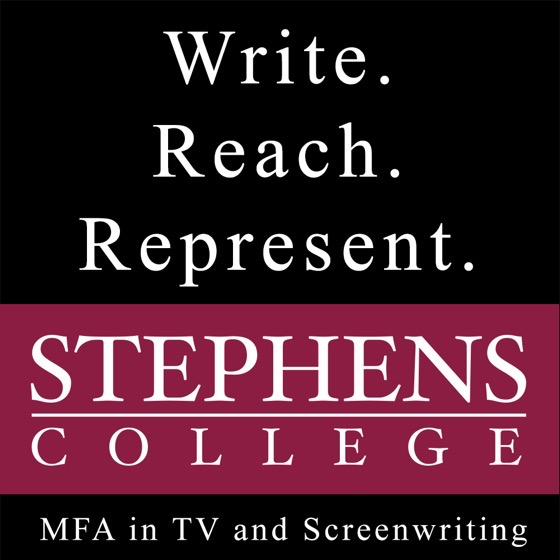Highlighting the articles in the past editions of the Journal of Screenwriting, of which I am the Book Reviews Editor. Hopefully these abstracts will entice you to did a little deeper into the history and future of screenwriting. — Rosanne
‘The Watergate Theory of Screenwriting’: A keynote presentation at SRN, Wisconsin, 2013 by Larry Gross
One way to start to think about making information in a script interesting is to rephrase the question that was posed by the Watergate investigators about then President Richard Nixon’s knowledge of the criminal deeds of his subordinates. The question reiterated obsessively during the Senate Committee investigation, voiced initially by Tennessee Republican Senator Howard Baker, was … ‘What did the president know, and when did he know it?’. In order to get going, scriptwriters must ask: what do the characters know – about narrative context, about themselves, and about each other, and when do they know it? This essay will explore Akira Kurosawa’s 1952 film, Ikiru (co-written with Shinobu Hashimoto and Hideo Oguni), and how the film is masterfully structured in relation to “who knows what and when.”
The Journal of Screenwriting is an international double-blind peer-reviewed journal that is published three times a year. The journal highlights current academic and professional thinking about the screenplay and intends to promote, stimulate and bring together current research and contemporary debates around the screenplay whilst encouraging groundbreaking research in an international arena. The journal is discursive, critical, rigorous and engages with issues in a dynamic and developing field, linking academic theory to screenwriting practice.
Get your copy and subscription to the Journal of Screenwriting Today!
* A portion of each sale from Amazon.com directly supports our blogs
** Many of these books may be available from your local library. Check it out!




![01 Introduction from “Female Creatives & A Star Is Born” with Dr. Rosanne Welch [Video] [CC]](https://rosannewelch.com/wp-content/uploads/2021/03/rmw-women-creatives-star-is-born-usc.jpg)

![06 The Right to be in the Room from Concord Days: Margaret Fuller in Italy [Video]](https://rosannewelch.com/wp-content/uploads/2021/08/rmw-concord-day-2021-fuller-rome-06.jpg)
![13 Can It Be Edgier? from Worry and Wonder | The Courier Thirteen Podcast [Video]](https://rosannewelch.com/wp-content/uploads/2021/08/rmw-courier-13-13.jpg)
![39 Even More On Working Well With Others from There And Back Again: Writing and Developing for American TV [Video]](https://rosannewelch.com/wp-content/uploads/2021/08/rmw-oxford-brookes-39.jpg)
![05 Margaret’s Education from Concord Days: Margaret Fuller in Italy [Video]](https://rosannewelch.com/wp-content/uploads/2021/08/rmw-concord-day-2021-fuller-rome-05.jpg)


![Stephens College and Writers Guild Foundation Present The Panel Discussion — “It’s All Relative: Writing Matriarchs” [Video]](https://rosannewelch.com/wp-content/uploads/2021/08/wga-2021-diverse-family-1.gif)
